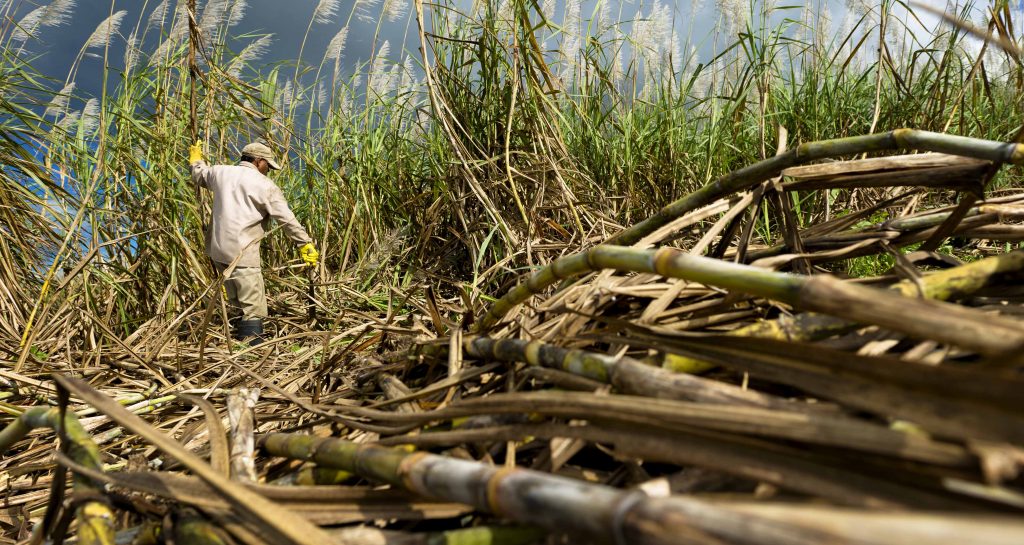Reforms announced today by the European Commission will not stop biofuels pushing up food prices and accelerating climate change, says Friends of the Earth Europe. [1]
The proposals include a 5% cap on crop-based biofuels, which goes some way to controlling the quantity of crops which will be used for fuel. But, this limit is still above current consumption levels and will not prevent biofuels competing with crops for food or pressurising food prices in tight markets.
Commissioners have also caved-in on measures to make sure biofuels are not worse for the climate than fossil fuels. By failing to propose ‘carbon accounting’ measures – the original purpose of this legislative exercise – biofuels will continue to contribute to deforestation and climate change.
The proposals will need to be agreed by EU politicians in the coming year.
Robbie Blake, biofuels campaigner for Friends of the Earth Europe said: “The proposed action to limit future EU demand for biofuels is better than nothing, but the fact remains that these reforms would maintain the status quo and make climate change and hunger worse.
“With a new food crisis looming and nearly a billion people on the planet going hungry, we need to stop burning food altogether. Combating global hunger must come ahead of the narrow interests of the big farming lobby and biofuels industry.”
“After two years of dithering the European Commission has virtually ignored the significant deforestation and climate emissions from biofuels. National governments and the European Parliament must now step in to cut biofuel use to zero and call for a genuinely green transport policy that serves people and the planet.”
The policy announced today was supposed to address so-called ‘indirect land use change’ (ILUC) where agriculture has to expand to accommodate biofuels demand. This happens at the expense of forests and natural habitats, and causes significant carbon emissions. The emissions from ILUC mean that many biofuels in Europe’s cars, including soy, rapeseed and palm oil, have a worse carbon footprint than normal fossil fuel. [2]
***
NOTES
[1] Proposal for a DIRECTIVE OF THE EUROPEAN PARLIAMENT AND OF THE COUNCIL amending Directive 98/70/EC relating to the quality of petrol and diesel fuels and amending Directive 2009/28/EC on the promotion of the use of energy from renewable sources http://ec.europa.eu/clima/policies/transport/fuel/docs/com_2012_595_en.pdf [2] ‘ILUC’ means that many biofuels harm the climate even more than the fossil fuels they replace. In 2010, a report for Friends of the Earth Europe and others estimated that meeting EU biofuels targets will emit CO2 equivalent to adding an extra 14 to 29 million cars on Europe’s roads by 2020. (see www.foeeurope.org/Europe-biofuels-driving-destruction-101110)Reports for the European Commission have also found that biofuels from palm oil, soy, and rapeseed have a worse carbon footprint than normal diesel. (http://trade.ec.europa.eu/doclib/docs/2011/october/tradoc_148289.pdf)







